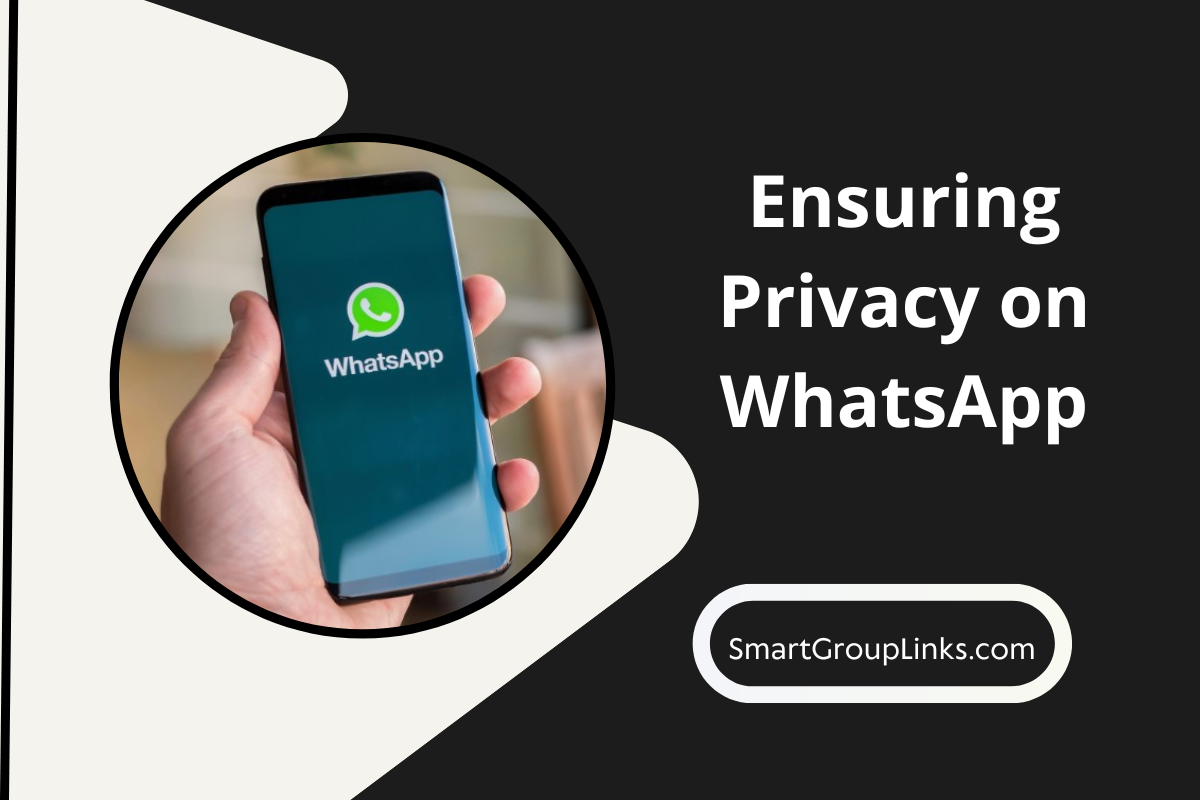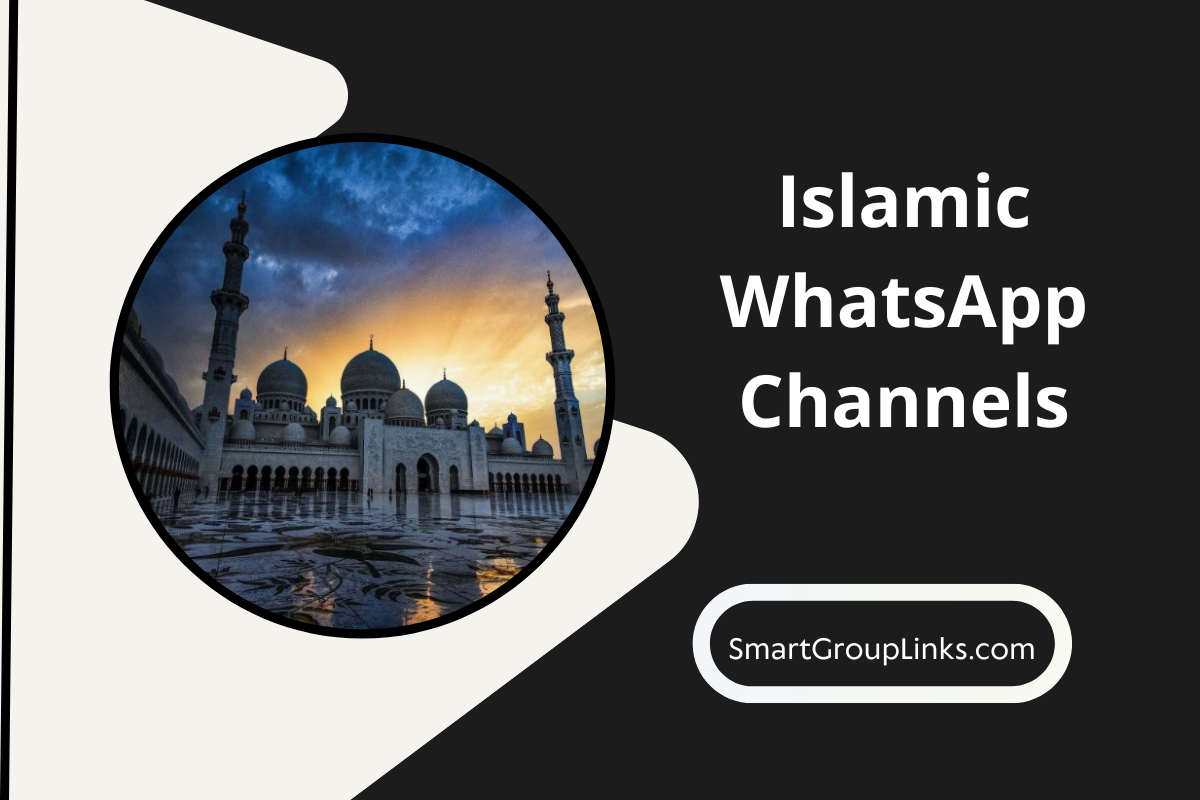In an age where digital communication is ubiquitous, privacy has become a paramount concern for users. WhatsApp, one of the most popular messaging apps globally, places a strong emphasis on user privacy and security. This blog delves into the privacy features of WhatsApp, how they work, and what they mean for users.
End-to-End Encryption
One of the fundamental aspects of WhatsApp’s privacy policy is its implementation of end-to-end encryption. This ensures that all messages, images, videos, and voice calls are secured from the instant they depart from the sender’s device until they arrive at the recipient’s device. Consequently, no external entity, including WhatsApp, has the ability to access or interpret these communications.
Key Points:
- Only the sender and recipient can decrypt and read the messages.
- Encryption applies to all forms of communication on WhatsApp, including group chats.
- This ensures that sensitive information shared via WhatsApp remains private and secure.
Two-Step Verification
To improve the security of accounts, WhatsApp provides a two-step verification option. This feature introduces an additional level of safeguarding by necessitating the entry of a six-digit PIN during the registration of your phone number with the application.
Key Points:
- Two-step verification helps prevent unauthorized access to your account.
- Users are encouraged to set up a recovery email address for additional security.
- This feature can be enabled in the “Account” section of WhatsApp settings.
Privacy Settings
WhatsApp offers a variety of privacy settings that empower users to manage the visibility of their personal information. Among these settings are choices regarding the profile photo, last seen status, about section, and status updates, enabling users to tailor their privacy according to their preferences. By utilizing these privacy features, individuals can ensure that their personal data is shared only with those they choose. This level of control enhances user confidence in the platform, allowing for a more secure and personalized communication experience.
Key Points:
- Users can choose to share their information with everyone, only their contacts, or no one.
- The “Read Receipts” feature can be turned off to prevent others from seeing when you’ve read their messages.
- Group privacy settings allow users to control who can add them to groups, reducing the risk of unwanted group additions.
Data Collection and Sharing
WhatsApp gathers specific user data to enhance its functionality and improve services, yet it adheres to stringent policies regarding data sharing. The application collects details including user phone numbers, device specifications, and usage metrics; however, it does not disclose personal messages or call logs to Facebook. The platform’s data collection practices are designed to support its operational capabilities while maintaining user privacy. Although WhatsApp obtains information such as phone numbers and device data, it ensures that sensitive content, including personal communications and call records, remains confidential and is not shared with Facebook.
Key Points:
- WhatsApp collects data for operational purposes, such as improving the service and preventing abuse.
- User data is not sold to third parties or used for targeted advertising.
- WhatsApp provides transparency reports detailing the types of data requests they receive from governments and how they respond.
Read Related More: All Type Poetry WhatsApp Groups
Handling of User Data
WhatsApp maintains a transparent policy regarding the management of user data, detailing the methods of data storage and protection. The platform ensures that user information is stored in an encrypted format, which safeguards it against unauthorized access. The commitment to user privacy is evident in WhatsApp’s approach to data handling, as it outlines specific practices for securing and storing information. By employing encryption techniques, the service effectively protects user data from potential breaches and unauthorized intrusion.
Key Points:
- Data is stored on WhatsApp servers in an encrypted format.
- Regular audits and security measures are in place to protect user data.
- Users can request to download a copy of their data from WhatsApp settings.
Conclusion
In today’s digital landscape, where privacy concerns are ever-present, WhatsApp stands out as a platform prioritizing user security. From the robust end-to-end encryption to the customizable privacy settings, WhatsApp equips users with the tools to manage their online presence effectively. By leveraging the features outlined in this blog, you can ensure your WhatsApp experience is not only convenient but also secure. With the knowledge of how WhatsApp safeguards your data and empowers you to control your privacy, you can confidently connect and communicate with loved ones, colleagues, and anyone else on your contact list.
FAQS
What is the privacy feature of WhatsApp?
My Contacts Except…: Contacts from your address book, except those you exclude, can see your last seen and online, profile photo, about, status, or add you to groups. Nobody: No one can see your last seen and online, profile photo, about, or status.
Is WhatsApp safe for privacy?
We can’t see your personal messages or hear your calls, and neither can Meta: Neither WhatsApp nor Meta can read your messages or hear your calls with your friends, family, and co-workers on WhatsApp. Whatever you share, it stays between you. That’s because your personal messages are protected by end-to-end encryption.
Is WhatsApp 100% private?
According to WhatsApp’s privacy policy, your conversations are protected with end-to-end encryption, and no logs are recorded.
Can I make WhatsApp private?
Step 1 – In the app, tap the 3 dots in the top corner. Then tap Settings > Privacy. Step 2 – Customize who can see information about you on this menu. Tap on the relevant settings to customize them.
Can hackers see your WhatsApp?
A hacker needs your verification code to gain access to your WhatsApp account, so handle the codes with care. Also, check the linked devices on your account from WhatsApp settings and delete all unknown devices linked to your WhatsApp account.
Can WhatsApp messages be leaked?
Non-encrypted Messages: Until you don’t change the setting of your WhatsApp to end-to-end message encryption, your chats will be non-encrypted automatically, hence prone to data breach.
Can police see deleted WhatsApp messages?
We do not retain data for law enforcement purposes unless we receive a valid preservation request before a user has deleted that content from our service. In the ordinary course of providing our service, WhatsApp does not store messages once they are delivered or transaction logs of such delivered messages.




